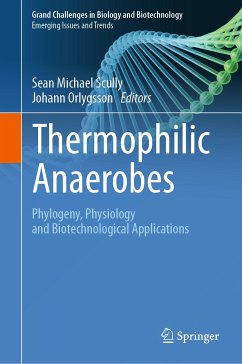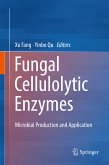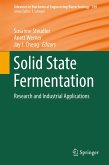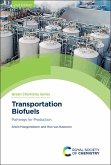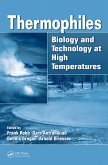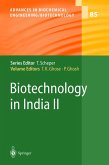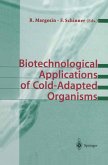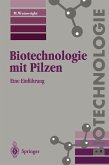This book provides a comprehensive overview of the fundamental aspects of thermophilic anaerobes, from their environments to their applications in biotechnology. The book is divided into three parts: 1) a general overview of thermophilic anaerobes, their history, environments, and phylogenetic relationships, 2) physiological aspects of thermophilic anaerobes and their mechanisms of thermal adaptation, and 3) the biotechnological applications of thermophiles for the production of biofuels and other chemical building blocks as well as their applications in specific industries.
This comprehensive and up-to-date book, Thermophilic anaerobes - Phylogeny, Physiology and Biotechnological Applications, is a valuable resource for experienced researchers and early career scientists alike who want to learn more about this exciting and developing field.
Dieser Download kann aus rechtlichen Gründen nur mit Rechnungsadresse in A, B, BG, CY, CZ, D, DK, EW, E, FIN, F, GR, HR, H, IRL, I, LT, L, LR, M, NL, PL, P, R, S, SLO, SK ausgeliefert werden.

